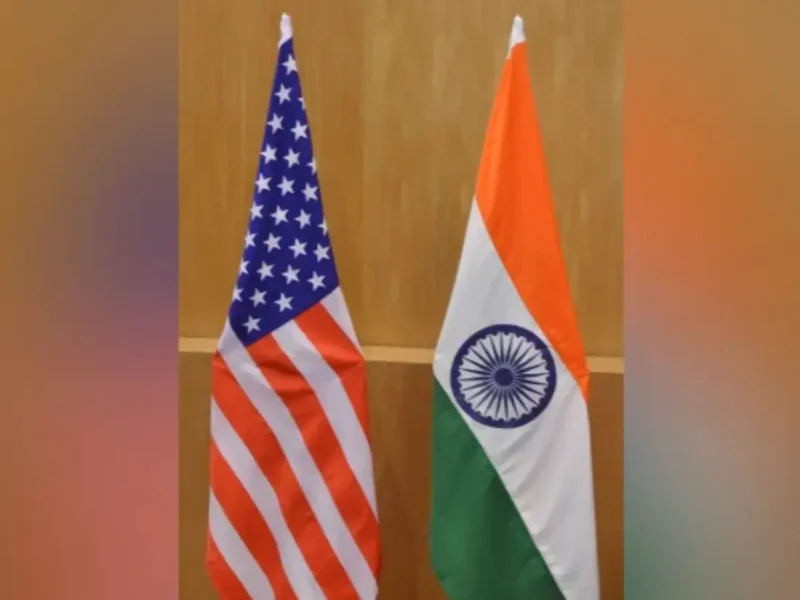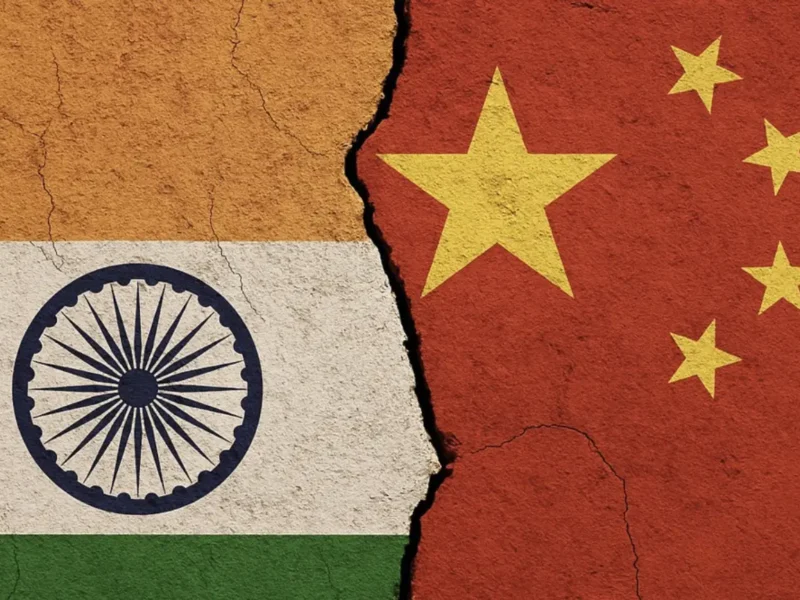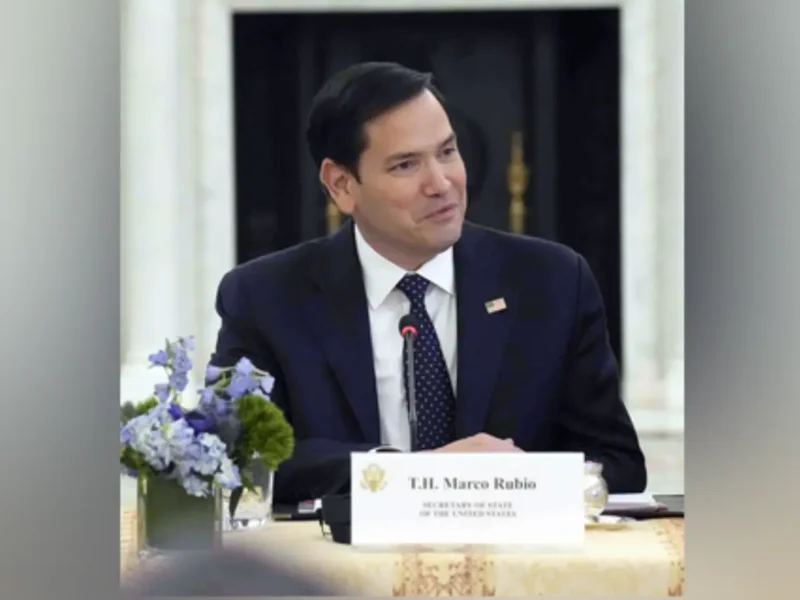
Civil Nuclear Agreement With US Was A Seminal Achievement Of Manmohan Singh
Photo: Department of State
India-West News Desk
NEW DELHI – India’s 2008 civil nuclear agreement with the United States stands as one of the biggest achievements of Manmohan Singh in his tenure as Prime Minister, in the realm of foreign policy.
The deal, which ended India’s nuclear apartheid, reshaped the nation’s geopolitical standing and set the stage for stronger India-U.S. ties, especially in high technology and defense. Singh, deeply convinced of the long-term benefits of the agreement, showed remarkable determination in securing its passage through Parliament, even at the risk of his government’s survival during a no-confidence vote, Indian foreign policy experts say.
The roots of the civil nuclear deal trace back to July 2005, when Singh and then President George W. Bush announced that the two countries would cooperate in civil nuclear energy. Singh’s address to the US Congress during this period underscored the importance of collaboration, emphasizing India’s exemplary record in nuclear non-proliferation. He reassured Congress that India, as a responsible nuclear power, was fully aware of the immense responsibilities associated with advanced civilian and strategic technologies, pledging that India would never be a source of nuclear proliferation.
Following extensive negotiations, the International Atomic Energy Agency (IAEA) approved a safeguards agreement with India on August 1, 2008, which paved the way for the United States to approach the Nuclear Suppliers Group (NSG) for a waiver to allow civilian nuclear trade with India. In 2008, the NSG granted the waiver, enabling India to access nuclear technology and fuel from other countries. The formal signing of the deal took place on October 10, with External Affairs Minister Pranab Mukherjee and U.S. Secretary of State Condoleezza Rice putting pen to paper.
The deal marked a significant turning point in India’s strategic relationship with the United States, opening doors for deeper cooperation in defense, technology, and other critical sectors. The success of the agreement cemented Singh’s legacy in strengthening India-U.S. relations, shifting the trajectory of both nations’ diplomatic and defense strategies in the years to come.



